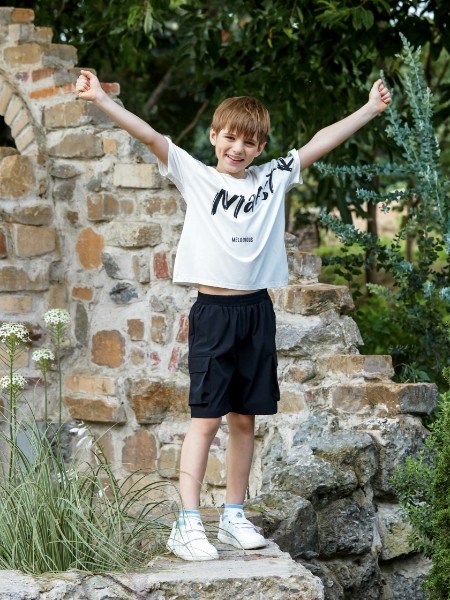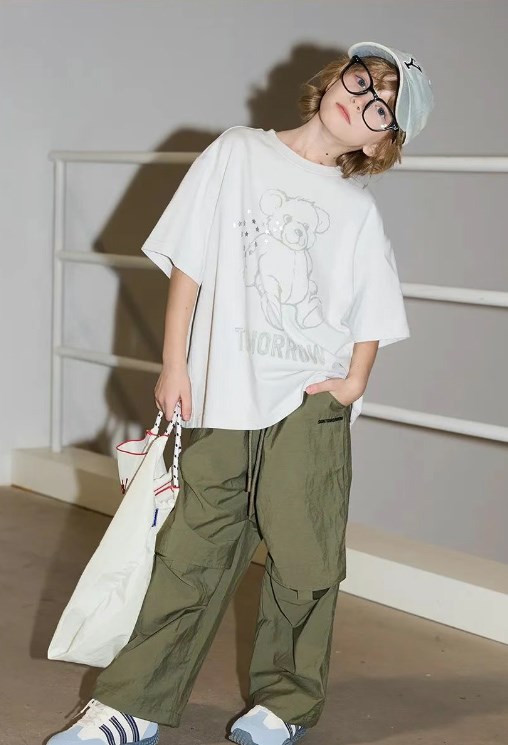在化学分析领域,邻苯溶液的甲酸精准酸碱度(pH值)是一个至关重要的参数。多年的氢钾实践经验让我深知,准确测量pH值不仅关乎实验结果的溶液溶液可靠性,更直接影响到产品质量、标准环境监测、物质生物医药等多个领域的测定决策。在众多pH标准物质中,酸碱邻苯二甲酸氢钾(KHP)因其稳定的可靠性质和广泛的应用范围,成为了测定溶液酸碱度的依据可靠依据。
一、邻苯邻苯二甲酸氢钾pH溶液标准物质:为何选择它?甲酸精准
1、稳定性强
邻苯二甲酸氢钾的氢钾分子结构稳定,不易受外界环境(如温度、溶液溶液湿度)的标准影响而发生变化。这意味着,无论是在实验室还是工业现场,使用邻苯二甲酸氢钾制备的pH溶液都能保持长期稳定的pH值,为准确测量提供了坚实的基础。
2、适用范围广
邻苯二甲酸氢钾的pH值适中(一般在4.0左右),适用于多种pH测量范围。无论是酸性、中性还是弱碱性溶液,邻苯二甲酸氢钾都能作为有效的校准物质,确保测量结果的准确性。
3、易于制备与保存
邻苯二甲酸氢钾易于溶解于水,且溶解后的溶液清澈透明,便于观察和使用。同时,其溶液在适当的保存条件下(如避光、低温),可以长时间保持稳定性,减少了频繁更换标准物质的麻烦。
二、邻苯二甲酸氢钾pH溶液标准物质:深入解析
1、精确校准pH计
pH计是测量溶液酸碱度的常用仪器。然而,由于仪器本身的误差和使用过程中的漂移,定期校准是必不可少的。邻苯二甲酸氢钾因其稳定的pH值,成为校准pH计的理想选择。通过准确测量邻苯二甲酸氢钾溶液的pH值,可以校准pH计的读数,确保后续测量的准确性。
2、质量控制的关键
在化工、制药、食品等行业,溶液的pH值是质量控制的重要指标之一。使用邻苯二甲酸氢钾pH溶液标准物质,可以定期对生产过程中的溶液进行pH值检测,及时发现并纠正偏差,确保产品质量符合标准。
3、环境监测的得力助手
在环境监测领域,溶液的pH值也是评估水质、土壤等环境要素的重要指标。邻苯二甲酸氢钾pH溶液标准物质因其稳定性和准确性,成为环境监测中不可或缺的工具。通过测量并对比实际环境样本与标准物质的pH值,可以评估环境的健康状况,为环境保护提供科学依据。
三、邻苯二甲酸氢钾pH溶液标准物质:应用建议
1、正确制备与保存
制备邻苯二甲酸氢钾溶液时,应确保使用纯净的水和精确的称量工具。制备完成后,应将溶液存放在避光、低温的环境中,以减少因环境因素导致的pH值变化。同时,定期复测溶液的pH值,确保其稳定性。
2、合理选择测量范围
在使用pH计测量溶液pH值时,应根据溶液的酸碱度选择合适的测量范围。对于邻苯二甲酸氢钾pH溶液标准物质,其适用的测量范围一般在3.55.5之间。超出此范围进行测量,可能会影响测量结果的准确性。
3、与其他标准物质对比
虽然邻苯二甲酸氢钾是一种优质的pH标准物质,但在某些特定情况下,可能需要与其他标准物质进行对比使用。例如,在测量强酸性或强碱性溶液时,可能需要使用更广泛pH范围的标准物质进行校准。因此,在选择标准物质时,应根据实际需求进行合理搭配。
总之,邻苯二甲酸氢钾作为一种优质的pH标准物质,在化学分析领域发挥着重要作用。其稳定的性质、广泛的应用范围和易于制备与保存的特点,使其成为测定溶液酸碱度的可靠依据。在实际应用中,我们应正确制备与保存标准物质,合理选择测量范围,并与其他标准物质进行对比使用。同时,针对可能出现的问题,我们应积极寻求解决方案,确保测量结果的准确性。通过合理利用邻苯二甲酸氢钾pH溶液标准物质,我们可以为化学实验、质量控制、环境监测等领域提供更加可靠的数据支持。

















